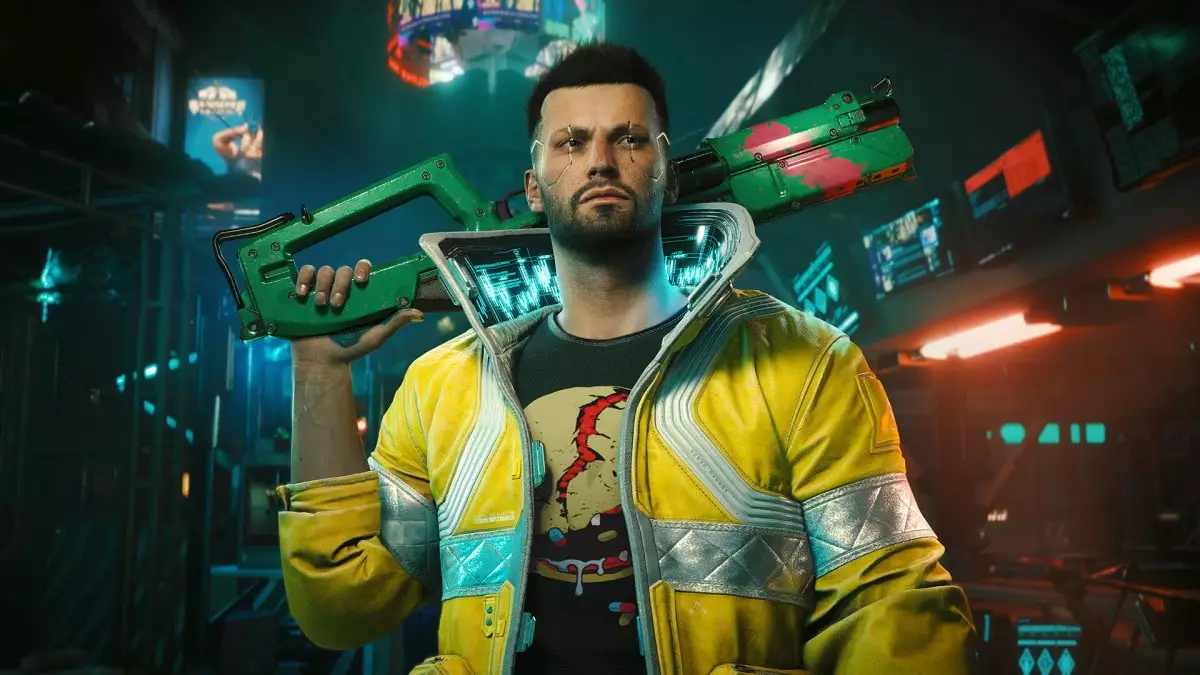Video games have continuously evolved, pushing the boundaries of storytelling, design, and player engagement. Stepping into this realm with a mix of apprehension and excitement, CD Projekt has announced the pre-production phase of Cyberpunk 2, formerly known as “Project Orion.” Anyone familiar with the tumultuous journey of the original Cyberpunk 2077 would feel that a sequel is both a leap towards redemption and a precarious balancing act teetering on the edge of hope and skepticism. There’s no denying that the first installment was marred by controversy, glitches, and unmet expectations. While the gaming community craves a sequel, we must ask: can CD Projekt truly deliver an experience worthy of the vibrant, dystopian universe they’ve crafted?
From Concept to Pre-production: A Leap Forward?
As CD Projekt confirmed its advancement into pre-production with a modest increase in staffing numbers, the anticipation builds. The development team has grown from 84 to 96, which might not sound monumental, but it symbolizes commitment to bringing this ambitious project to life. The insinuation that this sequel will pick up a significant narrative thread from the underwhelming launch of its predecessor is both a bold decision and a harrowing risk. It’s a move motivated perhaps by a necessity to reclaim both reputation and player trust, but whether they can extricate themselves from their legacy remains to be seen.
The revelatory insights from Mike Pondsmith, creator of the original tabletop RPG, suggest an expansive vision heading to our screens: a new city alongside Night City, described intriguingly as “Chicago gone wrong.” If executed effectively, this could pave the way for richer, more diverse storytelling elements, yet it raises the question—will CD Projekt manage to develop new mythos without repeating past mistakes? The weight of expectation bears down heavy, one laden with the memories of glitches, patches, and fan disappointment.
The Shadow of a Giant: The Witcher 4
While the buzz around Cyberpunk 2 gathers momentum, it’s critical to acknowledge the shadow of The Witcher 4 looming over CD Projekt. It seems as though the studio is diverting a significant amount of its resources toward this flagship title. With 422 developers currently on that project, one has to contemplate whether Cyberpunk 2 is receiving adequate attention—or if it’s somewhat consigned to secondary status in the developer’s hierarchy.
Cyberpunk 2 faces the daunting challenge of not only living up to Cyberpunk 2077’s legacy but simultaneously competing with the monumental success and the critical acclaim of The Witcher series. The fact that the team’s resources and manpower are so heavily focused on another franchise may not bode well for those eager to see the Cyberpunk universe flourish. Would CD Projekt be too fragmented in its ambitions, suffering from an identity crisis akin to the very themes encapsulated within its narratives?
Phantom Liberty and Market Performance: Riding a Dubious Wave
The sales numbers of the Phantom Liberty expansion—having crossed over 10 million copies—might indicate a silver lining in CD Projekt’s journey toward redemption. But, let’s be cautious here; while the immediate financial success showcases a strong market interest, it doesn’t necessarily equate to long-term player satisfaction or loyalty. Engagement often tells a deeper story. Can the future expansions or sequels entice players to not only purchase but also engage meaningfully with the evolving storylines?
There is potential in striking a balance between commercial success and substantial storytelling, but CD Projekt must tread lightly. It remains to be seen whether Cyberpunk 2 can lure players back into its tumultuous world, offering a gripping narrative that is devoid of the disillusionment experienced by so many during the original release.
While the prospect of Cyberpunk 2 carries promises of growth and innovation, the path is fraught with historical pitfalls. The next entry in this dystopian narrative must reflect the lessons learned from the past, or it risks becoming just another footnote in the annals of gaming history. The gaming community watches closely, grasping at threads of hope, but tinged with a wariness that can only arise from past disappointments.


Leave a Reply